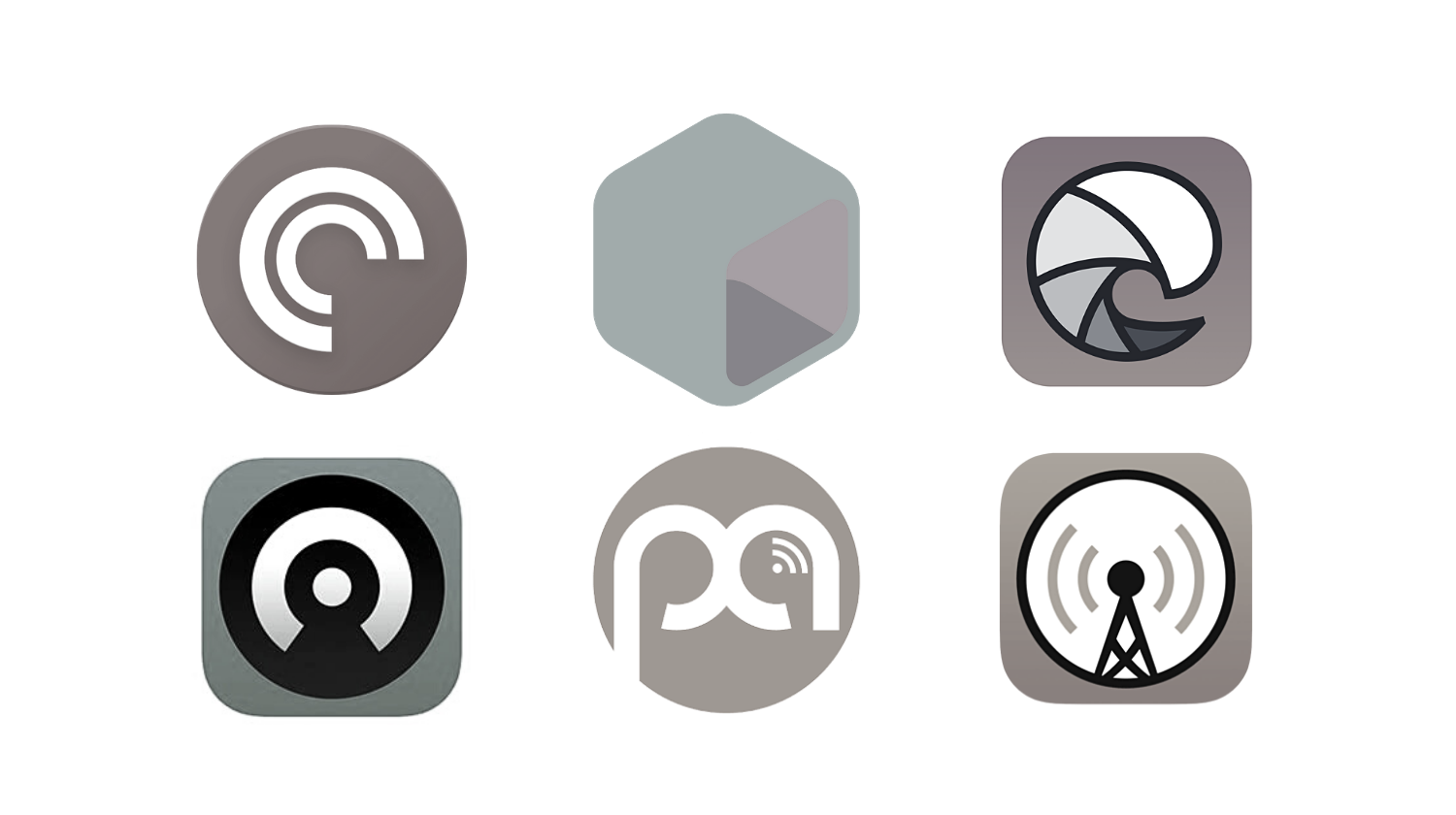IBC2025 is where the future of Media and Entertainment takes shape.
As the global destination for innovation, inspiration, and collaboration, IBC brings together the creative, technology, and business communities that are driving transformation across the industry.
IBC connects pioneers and thought leaders who are redefining how content is created, distributed, and consumed. The world’s leading broadcasters, content owners, rightsholders, and solution providers converge to address the challenges and opportunities shaping tomorrow.
IBC drives progress by sparking dialogue, accelerating innovation, and enabling real business outcomes at the heart of a rapidly evolving media landscape.
From Broadcasting to AI Agents: Mark Smith on Technology's 100-Year Evolution at IBC 2025 Amsterdam | On Location Event Coverage Podcast With Sean Martin & Marco Ciappelli
Podcast Guest:
Mark Smith | Chair, Non-Exec Director, Founder Technology, Media & Entertainment
IBC - International Broadcasting ConventionIBC - International Broadcasting Convention | Advisor, Founder Accelerator Innovation Programme, Innovation Advisory Board
Podcast Hosts:
Marco Ciappelli, Co-Founder at ITSPmagazine | Website: https://www.marcociappelli.com
Sean Martin, Co-Founder at ITSPmagazine | Website: https://www.seanmartin.com
From Broadcasting to AI Agents: Mark Smith on Technology's 100-Year Evolution at IBC 2025 Amsterdam - Written by Marco Ciappelli
I had one of those conversations that reminded me why I'm so passionate about exploring the intersection of technology and society. Speaking with Mark Smith, a board member at IBC and co-lead of their accelerator program, I found myself transported back to my roots in communication and media studies, but with eyes wide open to what's coming next.
Mark has spent over 30 years in media technology, including 23 years building Mobile World Congress in Barcelona. When someone with that depth of experience gets excited about what's happening now, you pay attention. And what's happening at IBC 2025 in Amsterdam this September is nothing short of a redefinition of how we create, distribute, and authenticate content.
The numbers alone are staggering: 1,350 exhibitors across 14 halls, nearly 300 speakers, 45,000 visitors. But what struck me wasn't the scale—it's the philosophical shift happening in how we think about media production. We're witnessing television's centennial year, with the first demonstrations happening in 1925, and yet we're simultaneously seeing the birth of entirely new forms of creative expression.
What fascinated me most was Mark's description of their Accelerator Media Innovation Program. Since 2019, they've run over 50 projects involving 350 organizations, creating what he calls "a safe environment" for collaboration. This isn't just about showcasing new gadgets—it's about solving real challenges that keep media professionals awake at night. In our Hybrid Analog Digital Society, the traditional boundaries between broadcaster and audience, between creator and consumer, are dissolving faster than ever.
The AI revolution in media production particularly caught my attention. Mark spoke about "AI assistant agents" and "agentic AI" with the enthusiasm of someone who sees liberation rather than replacement. As he put it, "It's an opportunity to take out a lot of laborious processes." But more importantly, he emphasized that it's creating new jobs—who would have thought "AI prompter" would become a legitimate profession?
This perspective challenges the dystopian narrative often surrounding AI adoption. Instead of fearing the technology, the media industry seems to be embracing it as a tool for enhanced creativity. Mark's excitement was infectious when describing how AI can remove the "boring" aspects of production, allowing creative minds to focus on what they do best—tell stories that matter.
But here's where it gets really interesting from a sociological perspective: the other side of the screen. We talked about how streaming revolutionized content consumption, giving viewers unprecedented control over their experience. Yet Mark observed something I've noticed too—while the technology exists for viewers to be their own directors (choosing camera angles in sports, for instance), many prefer to trust the professional's vision. We're not necessarily seeking more control; we're seeking more relevance and authenticity.
This brings us to one of the most critical challenges of our time: content provenance. In a world where anyone can create content that looks professional, how do we distinguish between authentic journalism and manufactured narratives? Mark highlighted their work on C2PA (content provenance initiative), developing tools that can sign and verify media sources, tracking where content has been manipulated.
This isn't just a technical challenge—it's a societal imperative. As Mark noted, YouTube is now the second most viewed platform in the UK. When user-generated content competes directly with traditional media, we need new frameworks for understanding truth and authenticity. The old editorial gatekeepers are gone; we need technological solutions that preserve trust while enabling creativity.
What gives me hope is the approach I heard from Mark and his colleagues. They're not trying to control technology's impact on society—they're trying to shape it consciously. The IBC Accelerator Program represents something profound: an industry taking responsibility for its own transformation, creating spaces for collaboration rather than competition, focusing on solving real problems rather than just building cool technology.
The Google Hackfest they're launching this year perfectly embodies this philosophy. Young broadcast engineers and software developers working together on real challenges, supported by established companies like Formula E. It's not about replacing human creativity with artificial intelligence—it's about augmenting human potential with technological tools.
As I wrapped up our conversation, I found myself thinking about my own journey from studying sociology of communication in a pre-internet world to hosting podcasts about our digital transformation. Technology doesn't just change how we communicate—it changes who we are as communicators, as creators, as human beings sharing stories.
IBC 2025 isn't just a trade show; it's a glimpse into how we're choosing to redefine our relationship with media technology. And that choice—that conscious decision to shape rather than simply react—gives me genuine optimism about our Hybrid Analog Digital Society.
Discover all of our event coverage: https://www.itspmagazine.com/technology-and-cybersecurity-conference-coverage
Subscribe to the On Location With Sean & Marco Podcast: https://eventcoveragepodcast.com
Would you like Sean and Marco to be part of your event or conference?
Let Us Know 👉 https://www.itspmagazine.com/contact-us





